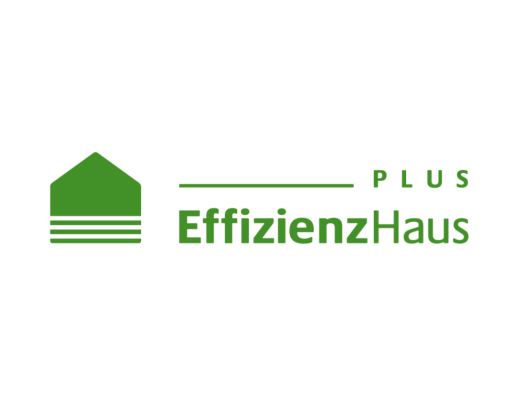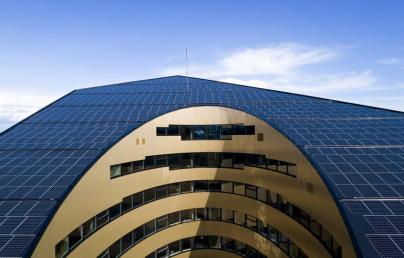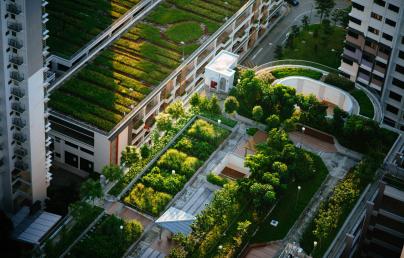
Effizienzhaus Plus - Begleitforschung und Querauswertung der Bildungsbauten (Phase 4)

Effizienzhaus Plus - Begleitforschung und Querauswertung der Bildungsbauten (Phase 4)
Final report of the 4th phase of the accompanying research to the German initiative Efficiency House Plus (Effizienzhaus Plus) focusing on the cross evaluation of seven educational plus energy buildings.
In 2011, the German Federal Ministry of Building launched a research initiative with a funding program for model houses conformant with the “Efficiency House Plus Standard”. This program supported owners who constructed buildings that generated more energy from renewables than needed for their operation over one year. After completion, each model project was individually evaluated during a monitoring period of 24 months and cross-evaluated within the framework of an accompanying research project.
The initiative of the federal government started with the construction of a pilot building in Berlin and the establishment of a network. In the following years, 37 model projects in residential sections were built nationwide. In addition, in 2016 a district with 19 interconnected single-family houses and in 2017 seven educational buildings conformant with the Efficiency House Plus Standard were incorporated into the initiative. This report documents the cross-evaluation of the seven educational buildings and further work carried out by the technical accompanying research in the 4th project phase.
This work involved cross-evaluating the seven pilot educational buildings of the research initiative. Planning data was compiled based on structural and technical parameters, updated where necessary according to implementation, and, with regard to energy balances, planning values were compared to measured values. Characteristic values (benchmarks) were also determined across the projects. The room conditions in the buildings were compared with the existing requirements for room temperatures and CO2 concentrations in two sample rooms. Fortunately, the positive target value for final energy and primary energy was achieved in six of the seven monitoring years already completed (for four pilot projects).
The Efficiency House Plus standard has thus also proven its practicality in the field of educational buildings. According to the planning, all seven Efficiency House Plus educational buildings are not only climate-neutral in operation, but also represent a greenhouse gas emission sink. The calculated, cumulative greenhouse gas reduction through the operation of the four projects already monitored amounts to 235 tonnes of CO2 equivalent per year. Unfortunately, monitoring in three pilot projects is still pending at the end of the accompanying research project.
Dissemination activities
In the area of dissemination, two public network meetings were held with a high number of participants as part of major events (Bau Online 2021 and Berliner Energietage 2022), the 10th-anniversary celebration of the research initiative was realised and three internal network meetings were held to exchange information with project participants. Further activities in the area of public relations included numerous inputs for the internet portal "Effizienzhaus Plus" of the BMWSB/BBSR and the EU portal for energy-efficient buildings BUILD UP.
European interest was demonstrated through exchanges with international standardisation committees, the EU Commission and the high policy EU Member States Platform Concerted Action EPBD.
In the brochure "5 Years of Educational Buildings conformant with the Efficiency House Plus Standard", published in German and English, the seven pilot projects were presented in detail, evaluated comparatively and the experiences made by the project teams during planning, implementation and monitoring were compiled.
The BMWSB and the BBSR were extensively advised by the accompanying technical research team on various topics. A major success of the research initiative is that two German federal states and one state capital have set the energy requirements for their own new buildings at the Efficiency House Plus level. The free Efficiency House Plus online tool, which verifies the high-quality building energy level, has been updated and now issues the new Efficiency House Plus certificate.
endbericht.pdf
English (4.58 MB - PDF)
